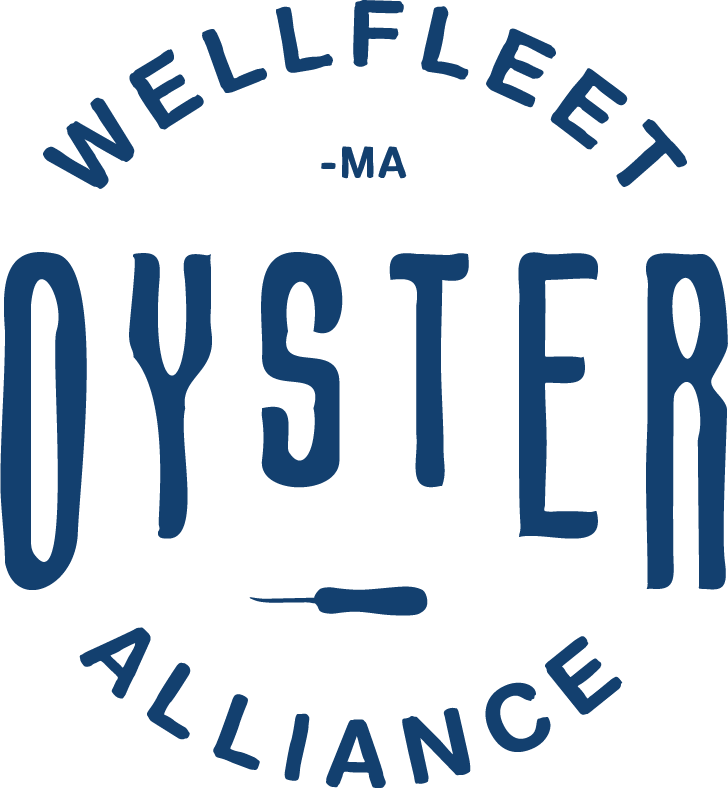A Pioneer For The Ages: Dr. David Belding, Father of Modern Aquaculture
By David Wright, Curator of Wellfleet Historical Society Musuem
This summer an old college friend came to tea. He brought with him another classmate, someone I hadn’t known at school in Wisconsin, now an eminent marine biologist. After some time, I couldn’t resist asking, ”Do you know the work of Dr. David Belding?”
“Of course,” she said, implying that every marine biologist worth her salt would know about him. It’s validating to realize our local heroes are not too provincial, that lionizing them is not too promotional, or too parochial. Today, 115 years since he opened his marine laboratory to begin research into the life cycle of bivalves, Dr. Belding is universally acknowledged as the father of modern aquaculture. Dr. Belding’s groundbreaking research is why the Wellfleet Oyster Alliance’s leading membership category, The Dr. David Belding Society, bears his name.
Much of that seminal research was conducted in Wellfleet in a pitch-roofed hut with holes in the floor of the former Mercantile Wharf. That primitive marine laboratory, the first on Cape Cod, was built on the deck of Wellfleet’s first hotel, the Chequesset Inn, the inspiration of Captain L.D. Baker. Capt. Baker, a trader whose business shipping Jamaican bananas to Boston ultimately became the behemoth United Fruit Company, was an extraordinary visionary, who foresaw Wellfleet’s future economy tied inexorably to both aquaculture and tourism.
While the holes in Belding’s first lab are reminders of the facility’s simplicity, they actually had a successful and pioneering purpose: in raising oyster seed that required a constant supply of fresh ocean water for his growing tanks.
Massachusetts, at the time the major supplier of fin fish for the nation, was reeling from the depredation of stocks of major species, most notably mackerel and cod. The Division of Marine Fisheries, which financed Dr. Belding’s early research, didn’t want to see the same thing happen to shellfish. Dr. Belding was convince that shellfish could be farmed from grown seed and under controlled conditions, which would allow the stock and the industry to flourish. His success can be seen every low tide in Wellfleet’s thriving beds of both farmed and wild shellfish.
His research began with trying to understand the habits of local shellfish. For four summers, directly after graduating from Williams College in 1905, Phi Beta Kappa, Dr. Belding conducted studies that became the ultimate scientific resource for shellfishermen. Collectively, his early research is referred to as The Belding Reports. They include: The Quahaug Fishery of Massachusetts”, “The Soft-Shelled Clam Fishery of Massachusetts, ”Quahaug and Oyster Fisheries,” and “The Scallop Fishery of Massachusetts.”
Replete with illustrations, these reports document the anatomy and growing habits of these essential bivalves with which Wellfleet has been blessed. The reports became the foundation of the burgeoning aquaculture movement in Wellfleet, first officially advocated by Shellfish Constables Billy G. Chapman and Robert Wallace in the 1970s.
At the request of the late shell fisherman Joel Fox, these reports have been republished by Woods Hole Oceanographic Institution in a single volume.
Dr. Belding’s scientific and academic laurels did not end with his early successful research into bivalves. He continued his formal education, earning a Masters degree and an MD from Harvard University specializing in bacteriology, parasitology and pathology. He earned yet another MD in Homeopathic Medicine from Boston University.
Dr. Belding put all of his excellent education to admirable practical use. He served as an Army surgeon and pathologist stationed in France in WWI. He returned to Boston to teach at Boston University, doing syphilis research studies there. He was hired by the Canadian government to do studies on salmon. He also served on the Board of Directors of the Y.M.C.A.
But Wellfleet was never far from his heart. He and his family, which included his wife Isabel – a noted Woods Hole scientist in her own right – his sister, Alice and partner William Gould Vinal, started Camp Chequesset, the Nautical Camp for Girls. They also brought square dancing to Wellfleet, a time-honored tradition that continues to this day every Wednesday evening at the Town Pier pavilion next to Duck Creek.
But perhaps the most impressive thing about Dr. Belding is this: 50 years after the gurgling grow tanks at the Chequesset Inn, this now world-famous scientist decided to join the Wellfleet Shellfish Advisory Board in its second year (1966) as they attempted to “understand what our local shellfishing is, was, and can be.” In the 1960s, the Wellfleet Select Board was still communicating with Dr. Belding on vital shellfishing matters. There would never be a better man for the job.


